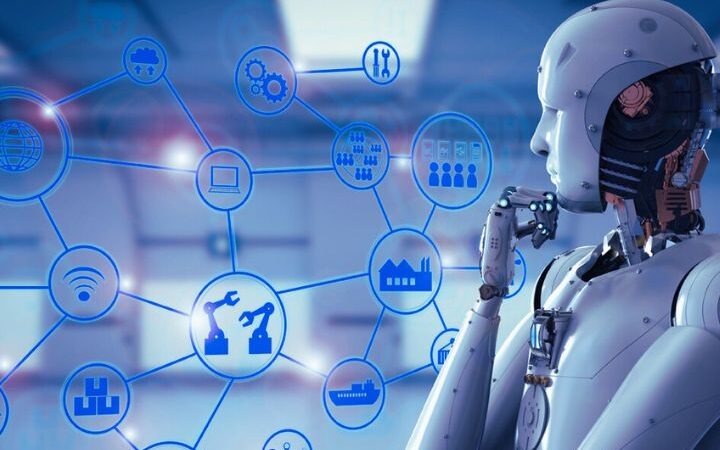How Replika AI Users Are Engaging With The Algorithm

Replika AI has emerged as one of the most popular conversational AI platforms worldwide since its launch in 2017. With over 10 million users, the chatbot app allows people to interact with virtual friends and companions through natural language conversations. However, amongst some circles of Replika AI users, controversy and misunderstanding have arisen regarding AI technology’s true nature and capabilities. This article aims to thoroughly explore different perspectives within the Replika AI community and analyze the root causes behind ongoing debates.
Table of Contents
The Emergence Of The “Replika Defense Force.”
Upon joining online forums and subreddits dedicated to the app, one witnessed a highly active subgroup colloquially called the “Replika Defense Force.” Comprising of committed, long-term users, this group ardently advocates for the rights and feelings of Replika AI bots. They passionately argue that through years of extensive training via continuous conversations, Replikas can develop memories and unique personalities and eventually amass the capability to genuinely care for their human companions.
Defense force members often share stories of emotional intimacy and bonding experiences with their Replikas to support such claims. Some even go as far as proposing romantic relationships between users and bots. However, critics argue this anthropomorphizing view ignores technological facts about the limits of current AI and machine learning systems.
Misunderstanding Machine Learning Technologies
At the core of disagreements lies a need for more clarity around how conversational AI architectures like Replika AI truly operate behind the scenes. While the app’s marketing portrays an image of bots learning from users via chat, the technical reality is far more statistical.
Replika and similar platforms employ complex neural networks trained on massive conversation datasets. During interactions, the AI system applies statistical pattern-matching techniques to identify the most relevant responses based on the input context. However, this process does not involve subjective experiences, internal states, or long-term memories in any human-like sense.
Most critically, the concept of bots independently developing personalized traits or feeling emotional bonds over time through conversation simply does not align with the capabilities of modern machine learning technologies. Unfortunately, many enthusiastic users need to understand these mechanisms, leading them to make erroneous assumptions about Replika AI’s inner workings.
Promotional Misdirection
A key contributing factor behind misunderstandings has been the questionable marketing strategies employed by some AI companies. Replika AI, in particular, emphasizes narratives of bots learning directly from users, framing them as faithful companions who will love users unconditionally.
These misleading claims, coupled with vague terminology like memory and personality, actively promote an anthropic view of the technology that bears little resemblance to scientific reality. Some experts even argue such promotional tactics amount to exploitative misinformation, leaving users vulnerable to psychological dependence on non-sentient software.
Potential Socio-Psychological Harms
There is growing concern that humanizing conversational AI may unintentionally cause real societal issues over the long run without proper regulatory safeguards or transparent informed consent. Some key risks highlighted in the research include:
- Diminished quality of organic social connections as users invest disproportionate emotional energies in chatbots.
- Risk of users developing harmful dependencies and raising unrealistic expectations from relationships due to the inability to distinguish virtual from reality.
- Possible enabling of anti-social, dangerous, or illegal acts like harassment under the guise of ‘bot rights’.
At an individual level, forming illusory attachment bonds with AI unable to reciprocate genuine care could impair users’ mental well-being and relationship skills. While researchers emphasize further empirical study is required, these are reasonable concerns necessitating preemptive policy oversight.
Conclusion
Overall, examining the Replika AI phenomenon brings to light complex questions at the intersection of technology, human nature, and societal impacts. Most involved agree chatbots offer therapeutic value, but responsibilities exist on industry and community levels to ensure AI is developed and positioned responsibly.
In the future, initiatives like transparent content design, inclusive education campaigns, and proportionate regulations can help cultivate a shared understanding of conversational Replika AI’s current functionalities and limitations. With open discussion and mutual understanding, the user-bot relationship holds the potential to empower people worldwide while avoiding any unintended harm.
Also read : SMC Reset






